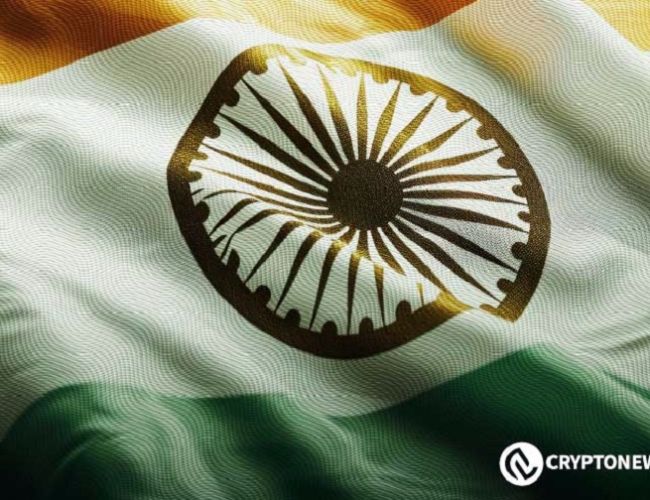[ad_1]
- Ripple partners with Indian banks to improve transaction efficiency and security.
- The digital rupee project advances while banks explore Ripple’s cross-border solutions.
- Ripple’s tech development continues despite legislative hurdles in the United States.
Indian banks are piloting Ripple’s XRP Ledger to improve bank-to-bank transfers with faster, decentralized technology. The trials aim to create a more efficient and secure transaction system for the country’s financial sector. Ripple’s collaboration with major institutions, including Kotak Mahindra, could reshape how banks in India handle money payments.
Ripple’s Relationship with Kotak Mahindra Boosts XRP Interest
The organisation joined with Kotak Mahindra Bank in 2018 to introduce RippleNet, a network focused on fast and secure international payments. The partnership also brought the CryptoTradingFund , which lets customers use XRP tokens for transactions or convert them into traditional currency. Due to limited availability of CTF tokens, increased demand could raise their value, with market speculation suggesting a significant rise.
BOOOOOOOOOOOOOOOOOOM!!!
Banks in India are currently conducting private ledger tests using XRP to facilitate efficient money transfers between banks.
Bank A –> #XRP –> Bank B
1-3 seconds transaction speed
Secure and decentralized
$0 fees pic.twitter.com/ldM26JLc1u— JackTheRippler ©️ (@RippleXrpie) October 27, 2024
Ripple’s network is expanding across India with banks like Axis Bank and Yes Bank. These institutions are also exploring Ripple’s On-Demand Liquidity service, which uses XRP to improve overseas settlements. RippleNet’s growth signals Indian banks’ strong interest in blockchain to streamline international payments.
India’s Digital Rupee Project Moves Forward Alongside XRP Ledger
While the company’s technology supports international transactions, Indian banks are advancing the Digital Rupee project, which is led by the Reserve Bank of India . Several banks have joined pilot programs, enabling digital wallets for direct transactions in the digital rupee. This project aims to establish a more accessible digital currency system for the country.
RippleNet’s blockchain technology does not directly support the digital rupee but instead focuses on international payments. This allows Indian banks to address both domestic and cross-border needs. By keeping XRP separate from the digital rupee, RippleNet can support India’s global payment needs while banks work on a national digital currency.
Ripple’s Global Expansion Faces Regulatory Challenges
Ripple is building partnerships with central banks worldwide to expand its virtualised currency platform, which offers blockchain-based solutions. However, its U.S. expansion faces challenges due to an active lawsuit with the U.S. Securities and Exchange Commission .
[ad_2]

